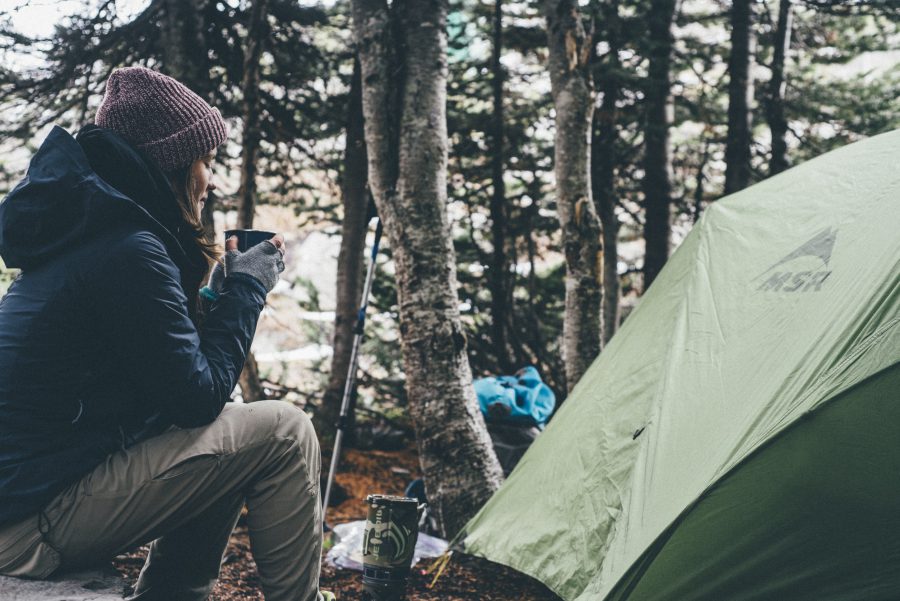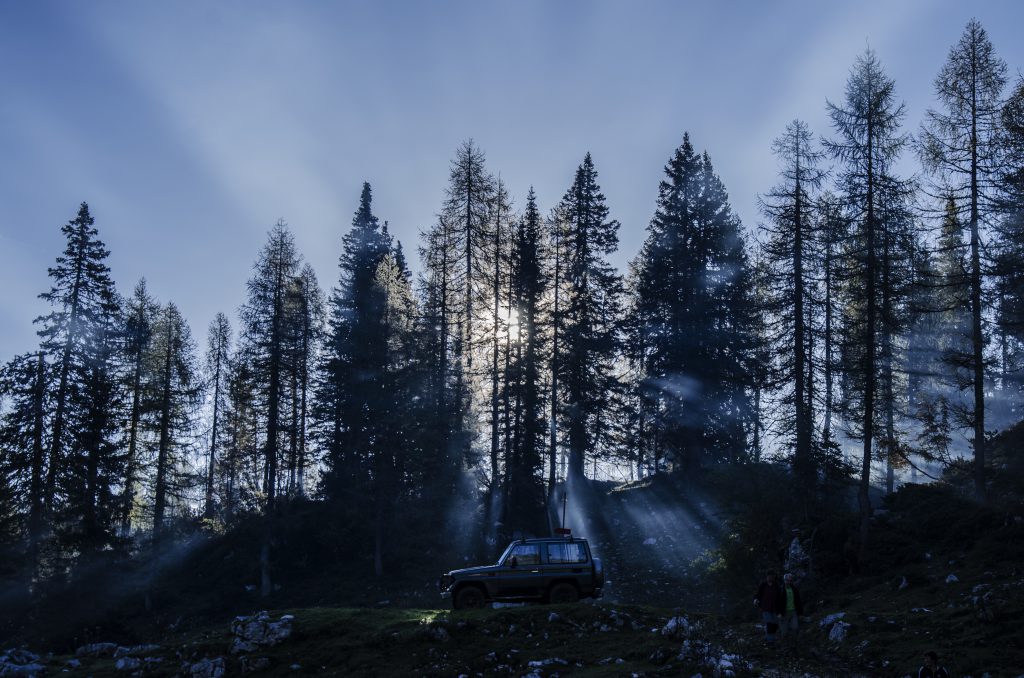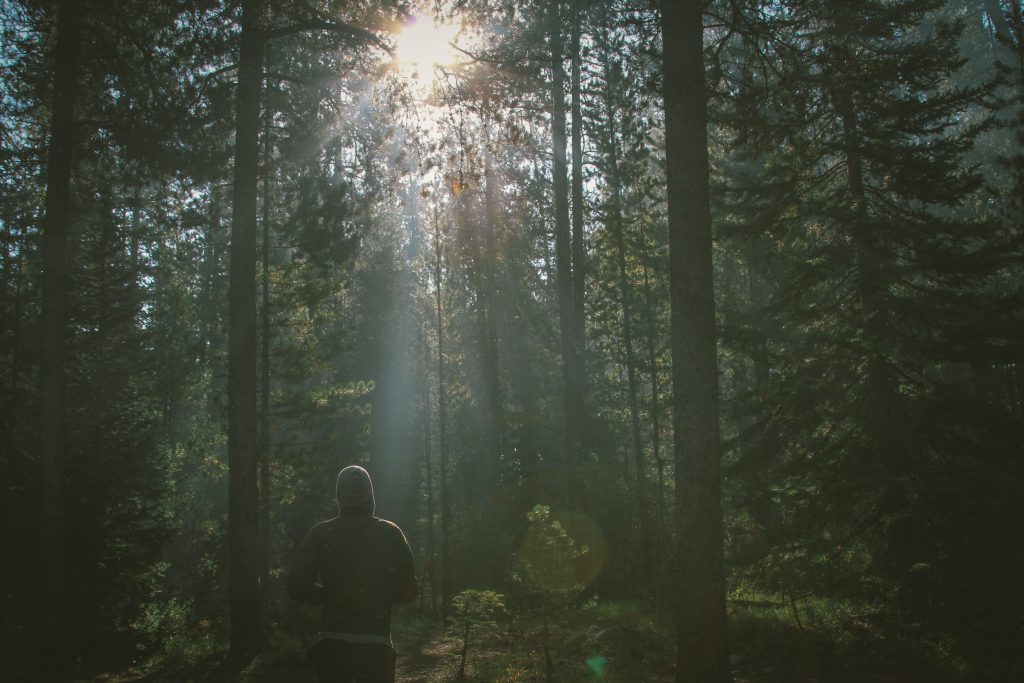
Regulation on Wild Camping and Bivouac Shelter in France
First of all, there is not much explanation in the french legislation to frame the practice of wild camping and the bivouac shelter, but there are still some rules to be respected, such as not being able to settle wherever you want. Of course, this includes the proximity of certain protected places, but municipalities can also apply rules on this subject themselves.
Hiker, cyclotourist, fisherman, rider or kite-surfer, if you are totally in the heart of nature away from any civilization, you can set up a bivouac shelter in order to spend the night outside or under a tent like adventurers and resume the road in the morning bright and shine!
On the contrary, the wild camper travelling in a camper-van, a van or an equipped van, will be able to park in places more secure and close to the houses, in order to visit the surroundings, while sleeping in the same place every night.
Bivouac or wild camping, both formulas are subject to the same rules so that your stay goes well:
- Ask for permission before settling in if you are on a private property.
- To be respectful of the environment, as well of the fauna and flora.
- Choose a sheltered location, in retreat of the passages, and avoid camping in areas too discovered (sports facilities, beaches, etc.)
- Respect others and not take up too much space.
- Give the impression of a simple camping space to the other people.
- And finally, do not leave any mark of your passage, for the respect of the next campers… and the environment.
Discover unusual places to practice wild camping in peace, all year round and everywhere in Europe, on the website HomeCamper.com !
As for the rules, there are not only rules common sense, there are also texts in the French law, especially those of Decree No. 2015-1783 dated from December 28th, 2015 which present the regulation of the Urban Planning Code and the modernization of the urban plan and apply to the « Camping, development of recreational residential parks, establishment of light recreational homes and installation of mobile leisure homes and caravans ».
We find:
According to the Article R111-32, the campsite is freely practiced, outside the right-of-way of the highways and roads, with the permission of the person who has the use of the ground, subject, where appropriate, to the opposition of the owner.
According to the Article R111-33, camping alone and the creation of campgrounds are prohibited, except for derogations:
- On sea shores or registered sites
- In ranked or pending sites;
- In the protected areas, in the field of visibility of buildings classified as Historic Monuments, parks and gardens classified or registered and subject to a perimeter of protection as well as in the areas of development of architecture and heritage;
- Within a radius of 200 meters around water points captured for consumption.
According to the Article R111-34, the practice of camping outside managed terrain may be prohibited in certain areas:
- By the Local Planning Plan (LPP), or by the urban planning document taking place;
- By order of the mayor;
- Where this practice is likely to impair public safety, security or tranquility.
Finally, these bans are only to the extent that they’ve been brought to the public attention through the establishment of posters in town hall and signs on the main access roads leading to the places covered by these bans.

